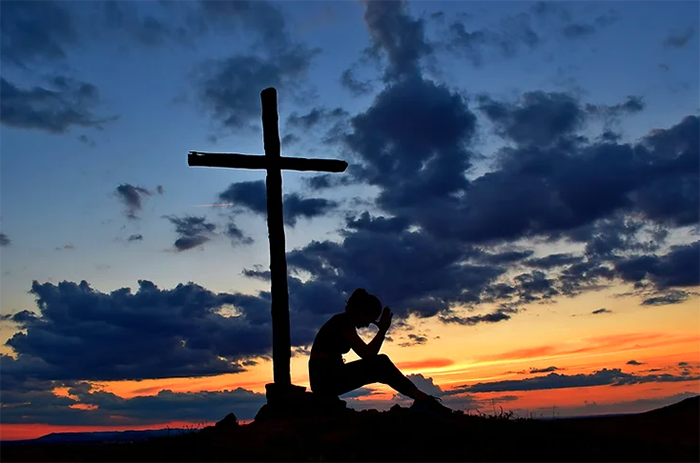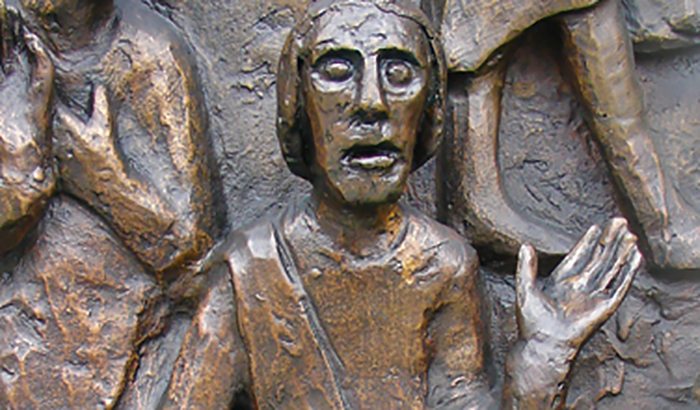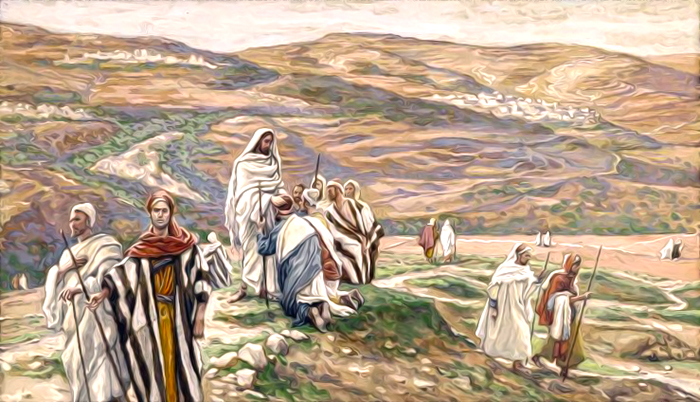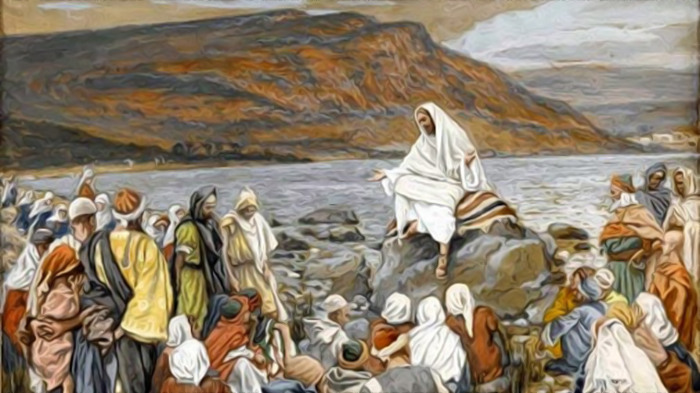
Scientists tell us that every second, inside the sun, the equivalent of 4 million elephants are being transformed into light, an irretrievable, one-time gift. The sun is giving itself away. If this generosity should halt, all energy would eventually lose its source, and everything would die and become inert. We, and everything on our planet, live because of the sun’s generosity. Fr. Rolheiser writes that in this generosity, the sun reflects the abundance of God. This largesse also invites us to be generous, to have big hearts, to risk giving ourselves away in self-sacrifice, and to witness God’s abundance. In the biblical parable of the Sower, Jesus describes God as not a calculating person who sows his grain carefully and discriminately only into worthy soil. This Sower scatters seeds indiscriminately everywhere: on the road, in the bushes, in the rocks, into barren soil, and into good soil. It seems he has unlimited seeds, so he works from a generous sense of abundance rather than from a guarded sense of scarcity. From everything we can see, God is so rich in love and mercy that he can afford to be wasteful, over-generous, non-calculating, non-discriminating, incredibly risk-taking, and big-hearted beyond our imaginations. Jesus assures us that the measure we measure out is the measure that we will receive in return. Essentially, that says that the air we breathe out will be the air we re-inhale. That isn’t just true ecologically. It is a broad truth for life in general. If we breathe out miserliness, we will re-inhale miserliness; if we breathe out pettiness, we will breathe in pettiness; if we breathe out bitterness, then bitterness will be the air that surrounds us; and if we breathe out a sense of scarcity that makes us calculate and be fearful, then calculation and fearfulness will be the air we re-inhale. But, if we are aware of God’s abundance, we breathe out generosity and forgiveness; we will breathe in the air of generosity and forgiveness. We re-inhale what we exhale.









